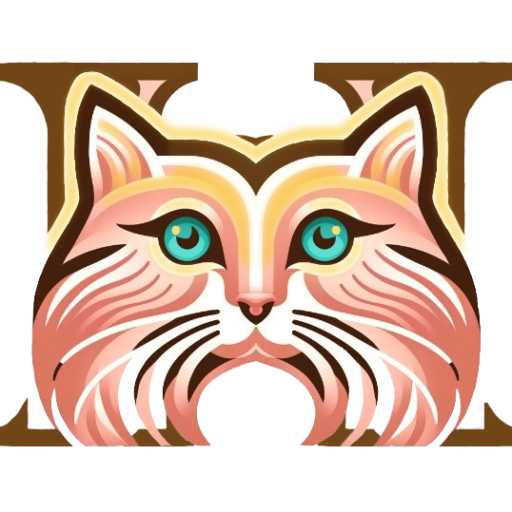Section: Narrative Role and Impact:
The fields in this section are repeatable fields in case your protagonist is a group of characters as a protagonist instead of just a singular character.
- Initial Position in Story: Describe the protagonist’s situation and role at the beginning of the story.
- Key Contributions to Plot: How do they drive the story forward? What are their significant actions or decisions that influence the plot?
- Role in Climax and Resolution: Detail their part in the culmination and resolution of the main conflict.
Character Development Arc:
- Personal Growth: Focus on how they evolve throughout the story, including changes in beliefs, attitudes, and understanding of the world.
- Challenges and Overcoming Obstacles: Describe the specific internal and external conflicts they face and how they overcome them.
- Evolution of Goals and Aspirations: How do their objectives change over the course of the story?
Moral and Ethical Journey:
- Moral Dilemmas and Choices: Highlight significant moral decisions they face and how these choices reflect their character.
- Ethical Evolution: How do their moral and ethical stances change throughout the story?
Protagonist’s Unique Traits:
- Special Skills or Abilities: Focus on unique talents or abilities that are particularly relevant to their role as the protagonist.
- Distinct Personality Quirks: Traits that make them memorable or distinctive, beyond the basic personality profile.
Future Potential and Legacy:
- Open-Ended Possibilities: Potential directions for their character beyond the current narrative.
- Impact and Legacy: What lasting impact do they leave on the story’s world or other characters?
